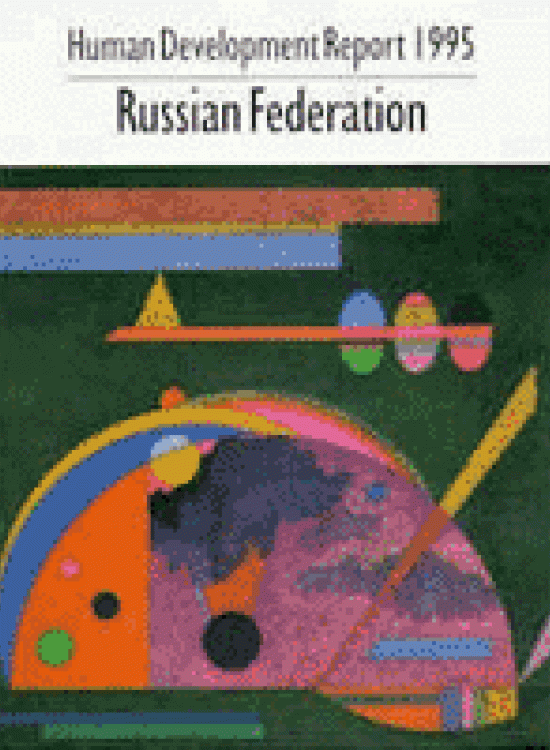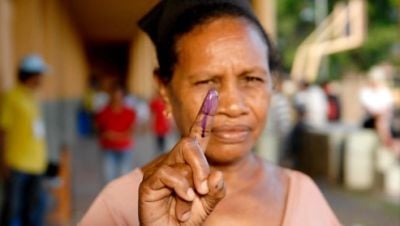Status of Women

UNDP (United Nations Development Programme). 1995. Status of Women. New York.
Status of Women
The Report paints a "disturbing picture" of the current state of human development in Russia. "The transition from a centrally-planned to a market - guided economy has contributed to a sharp decline in the standards of living, widened income inequalities and deteriorated health conditions. It also has created a steep increase in the mortality level and a dramatic decrease in life expectancy, resulting in a decreasing population." The conclusions of the Report highlight the negative effects of the transition on women; on the polarization of the population, and thus the increasing inequity in the distribution of wealth and income; the uncertainty of the conditions in which the economic transition is taking place, of the institutional environment, and weak state of law enforcement, have all hampered the widespread privatization of large state-owned enterprises, and the intensive build-up of market mechanisms, and the grasping of new economic opportunities. Finally, the Report recognizes that "Reforming and restructuring the economic and social sectors in an equitable and efficient manner, and in a way that is more conducive to genuine human development, remains a big challenge for Russia. The problems associated with the nature of the transition, as well as those inherited from the Soviet era, are complicated by the absence of a clear and comprehensive strategy. The findings of the NHDR do however point to the need to develop a strategy that is supportive of human development. The Report ends by highlighting some areas of intervention in the areas of employment, health, education and in the role of the state, which could be followed up by the relevant authorities.

